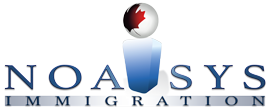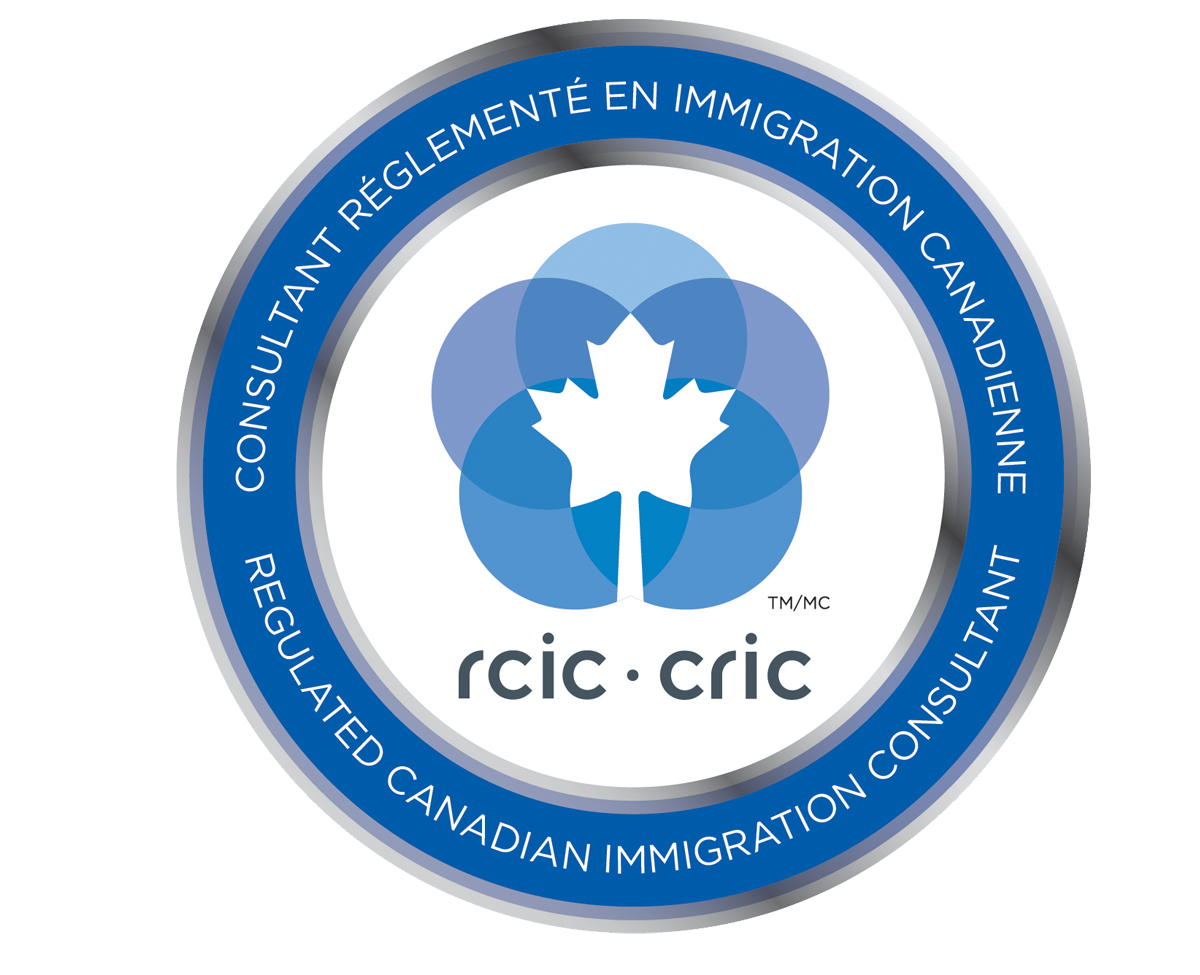Express Entry: Invitations To Apply For Permanent Residence
Applicants in the Express Entry Pool, who receive an Invitation To Apply (ITA) for Permanent Residence in Canada, will on successful review of their credentials by Citizens ship and Immigration Canada, be awarded permanent residency to Canada along with their accompanying dependent family members.
Details on Invitations To Apply (ITA) for Permanent Residence
Invitation to Apply (ITA) for permanent residence is offered to an applicant in the Express Entry pool who has been selected by Citizenship and Immigration Canada (CIC) to apply for permanent residence to Canada, through the Express Entry System. Invitations to Apply are issued on the basis of the points set for each draw, when CIC performs a draw from the Express Entry pool of applicants who have made an expression of interest to immigrate to Canada.
How does an applicant obtain an Invitation to Apply
Only applicants who meet the eligibility criteria of any one of the Federal Economic Immigrant Program (FSW, FST or CEC) to Canada may enter the Express Entry pool.
In the Express Entry Pool, the applicants are ranked according to the Comprehensive Ranking System Formula (CRS). The CRS ranks applicants under the following components:
- human capital factors;
- accompanying spouse or common-law partner factors, if applicable;
- skill transferability factors; and
- Either a provincial nomination or a Valid Job Offer (LMIA supported).
Points are awarded from a total of 1,200, under the Comprehensive Ranking System. Of which 600 points are awarded for either a provincial nomination or Valid Job Offer and 600 points are awarded for human capital factors and skill transferability factors.
Citizenship & Immigration Canada issues Invitations to Apply (ITA) to candidates in the Express Entry pool based on CRS cut-off score set at the time of the draw and notifies candidates by sending them a message in their MyCIC account.
The ITA invites the candidate to apply under a specific class (i.e., FSWC, FSTC, CEC or PNC). A candidate cannot apply under a class other than the one specified in their ITA, even when the candidate appears to be eligible for multiple classes.
Applicants who receive an Invitation to Apply (ITA) are required to submit the following supporting documents with their application and also the government processing fees:
Valid passport
Birth certificate
Language test results
Documentation attesting to work experience
Police clearance certificate(s)
Upfront medical receipt
Photographs of principal applicant and dependent family members
Depending on the program under which a candidate was issued an Invitation to Apply and the information provided in his or her Express Entry profile, the following documentation may be required:
Canadian Education Credential OR Educational Credential Assessment Report (ECA)
Official transcripts of all post-secondary education / study taken
Secondary education documents
Proof of relationship of family member in Canada
Proof of settlement funds
Original Offer of Employment (Permanent Fulltime) from a Canadian employer (LMIA supported)
Birth Certificate of Principal Applicant and family members
Marriage certificate(s)
Statutory Declaration of Common-law Union and documents attesting to cohabitation for a period of at least 12 months
Birth certificates of Children
Divorce or annulment certificate(s)
Death certificate(s) for former spouse(s) or common-law partner(s)
Adoption papers
Proof of full custody for children
Passport copies / Travel documents
Certificate of qualification in a skilled trade issued by a Canadian provincial/territorial authority (Certified copy)
Copies of work contracts and/or pay stubs
Employment reference letter of previous employments.
Documents relating to income taxation
Legal name change or date of birth change documents.
If an applicant receives an ITA, they will ONLY 60 days to apply for permanent residence and submit all supporting documents. Having your documents ready will make it easier to apply within the 60 day period.
If an applicant misses the 60-day deadline, their Invitation to Apply (ITA) for permanent residence will no longer be valid and s/he will have to re-enter the Express Entry pool.
If an applicant provides false information Or leaves our important details, this is considered as misrepresentation and if Citizenship & Immigration Canada finds out, your application to Canada will be refused and you could stand a chance of getting banned from re-entering the pool for FIVE years.
Therefore, it is hugely important to provide accurate and correct information always.
An applicant may be found inadmissible to Canada due to misrepresentation for directly or indirectly misrepresenting or withholding material facts relating to a relevant matter that induces or could induce an error in the processing of his or her application. The applicant is responsible for ensuring that the application is truthful and that the supporting documents are genuine, and he or she may be found to have misrepresented him or herself whether or not that misrepresentation was intentional.
Examples of misrepresentation may include:
An applicant fails to disclose that they recently applied for a visa to Canada.
This is not material in the refugee context because they have been found to be a refugee and, once accepted for resettlement, the number of applications they may have submitted is irrelevant.
An applicant fails to disclose a criminal record, and it is later discovered that they are inadmissible under the criminality provisions.
This may be grounds for an application for vacation of their status.
An applicant for a visa fails to disclose the existence of dependants, even if the dependants could satisfy the requirements of the Act.
The requirement for the refugee applicant to disclose the existence of dependants is only required if the applicant wishes the dependants to be considered under the One-Year Window of Opportunity. Generally, the principle governing this as an example of misrepresentation in other immigration programs is not applicable in the refugee context. However, if the applicant does not declare a dependant, R119(7)(d) ineligibility still applies.
An applicant fails to disclose that they were previously issued a removal order in Canada, even if they would not require consent to return.
If the applicant for resettlement has been removed from Canada, it is unlikely that they would have a credible “refugee story”. If they do manage to mislead the officer, there would be grounds for an application for vacation of their status once the true facts were revealed.
An applicant includes a nephew in their application and lists this person as a son.
This may be a genuine mistake rather than misrepresentation. The cultural context may find this type of “error” acceptable if the child is in a de facto relationship with the applicant. In the refugee context, de facto relationships are more common and the applicant may be afraid that revealing the true relationship may penalize them in some way.
An applicant misrepresents the age of a dependant who could otherwise not be included in the application.
Again, in the refugee context, this may be an error that stems from a misunderstanding of the process. In addition, documentation may be difficult to obtain. The guiding principle of family reunification would prevail in this situation and the officer would probably be flexible in facilitating the resettlement of the overage dependant. Keep in mind that the overage dependant may also be a refugee in his or her own right.
In case of a possible misrepresentation, CIC gives the applicant an opportunity to respond to their concerns with regards to the misrepresentation on his or her application.
Once an ITA is issued an applicant has 60 days to submit the application or permanent residence. Applicants will require to submit a complete and accurate application along with all supporting documents within these 60 days. An ITA is considered accepted when the applicant submits the application.
Only after all the documents are uploaded, the applicant is given the option to submit the application. An Acknowledgment of Receipt (AOR) will automatically be issued once the application is submitted. Citizenship & Immigration Canada then reviews the application & determines whether or not it is complete & eligible. The application is then processed within four to six months of the application being submitted.
If a candidate does not submit an application within the 60-day period or does not decline an Invitation to Apply (ITA) the ITA will expire. In this case the candidate will require to re-submit a new Express Entry profile and will require to meet the eligibility criteria to be accepted to the pool again; to be considered for the future rounds of invitations.
An applicant who declines an Invitation to Apply (ITA) will reenter the Express Entry pool to be considered for the future rounds of invitations. However, they will require to meet the minimum criteria for the federal economic immigration program.
Declining an invitation, will not have a negative effect on the candidate’s profile and future rounds of invitations. However, there would be no guarantee on when the candidate may receive another Invitation to Apply.
Free Consultation
Relocating to another country and starting a new life is a challenging decision. Canada is a great country to live in, yet starting up all over in Canada too involves many challenges and uncertainties. The process might be cumbersome and sometimes quite complex that requires expertise to deal with.
At Noaisys we simplify your immigration process to Canada.
Contact…



